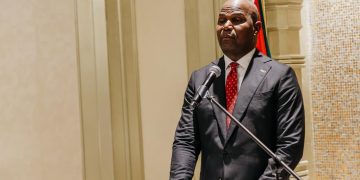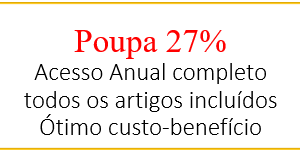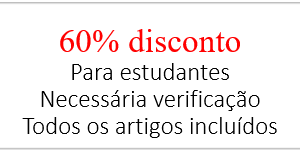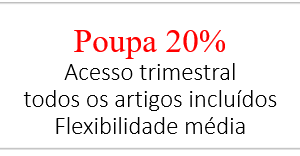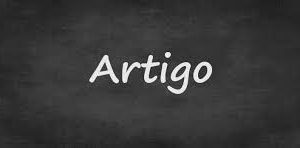By Valdimira B. Bungane, valdimirabungane@gmail.com
Maputo (MOZTIMES) - The legalisation of Venâncio Mondlane’s new political party, ANAMOLA, marks a significant moment in Mozambique’s democratic trajectory. After months of bureaucratic delays, contested decisions, and appeals to the Constitutional Council, the Ministry of Justice finally authorised the party’s registration on 7 August 2025. For Mondlane, one of the most vocal critics of the October 2024 elections, this represents more than just a legal victory — it is an entry into the formal political arena with institutional legitimacy.
The question now is whether Mozambique’s political dialogue can truly be called “inclusive” without Mondlane at the table. Until now, participation in dialogue processes has been limited to parties with parliamentary seats. Yet legitimacy in a democracy is not only legal but also political and social. Mondlane represents a constituency that is frustrated with electoral outcomes and disillusioned with the ruling elite. Excluding him risks reinforcing the perception that dialogue is little more than window dressing.
Deliberative democratic theory, as developed by Jürgen Habermas, stresses that legitimacy arises from the participation of all relevant actors in inclusive dialogue. Excluding significant voices weakens consensus and erodes trust in institutions. Mondlane’s absence would therefore be more than a technical omission — it would be a direct contradiction of the principle of inclusion.
This raises the stakes for President Daniel Chapo. His government has invested political capital in convening dialogue to secure stability and advance reforms. But the effectiveness of such efforts depends not on the number of parties represented, but on the quality and breadth of their legitimacy. Incorporating new actors such as ANAMOLA will test the state’s willingness to move beyond tokenism and towards genuine inclusion.
The stakes are high. Dialogue in Mozambique matters because it lends legitimacy to institutions, prevents crises, and builds consensus. Excluding central figures like Mondlane risks undermining the credibility of the process and could fuel renewed tensions. Rather than pacification, the likely result would be a radicalised opposition and further fragmentation of the political landscape.
This is not just about Mondlane himself. It is about ensuring that dialogue addresses structural issues long postponed: comprehensive electoral reform to strengthen the independence of the electoral bodies, mechanisms for resolving disputes outside the streets, effective decentralisation to empower local governance, and the full protection of political rights and freedoms. Without these, dialogue risks becoming ritualistic and irrelevant.
Political theory reinforces this view. Robert Dahl’s concept of polyarchy stresses that democracy thrives on open competition and the inclusion of multiple actors. David Beetham, meanwhile, argues that power is legitimate only when it is legal, justified by shared norms, and backed by the consent of the governed. Excluding ANAMOLA — led by the second most-voted presidential candidate — undermines both social consent and democratic legitimacy.
ANAMOLA itself has made its position clear. In a letter to President Chapo on 21 August 2025, Mondlane demanded the party’s inclusion in national dialogue, invoking not only political legitimacy but also constitutional and legal grounds. His appeal underscored that exclusion contradicts the very purpose of a process branded as “inclusive.”
Mozambique’s future democratic consolidation depends on broadening the circle of dialogue, not narrowing it. Including ANAMOLA would strengthen pluralism, build trust, and create more sustainable consensus. Ignoring Mondlane now that he leads a recognised political institution would weaken the spirit of dialogue and risk further instability.
If the commitment is inclusive, it cannot be selective. Mozambique’s democracy will only grow stronger when all relevant voices are present at the table (VB).
* This is a summary of the original text, available only in Portuguese here.

